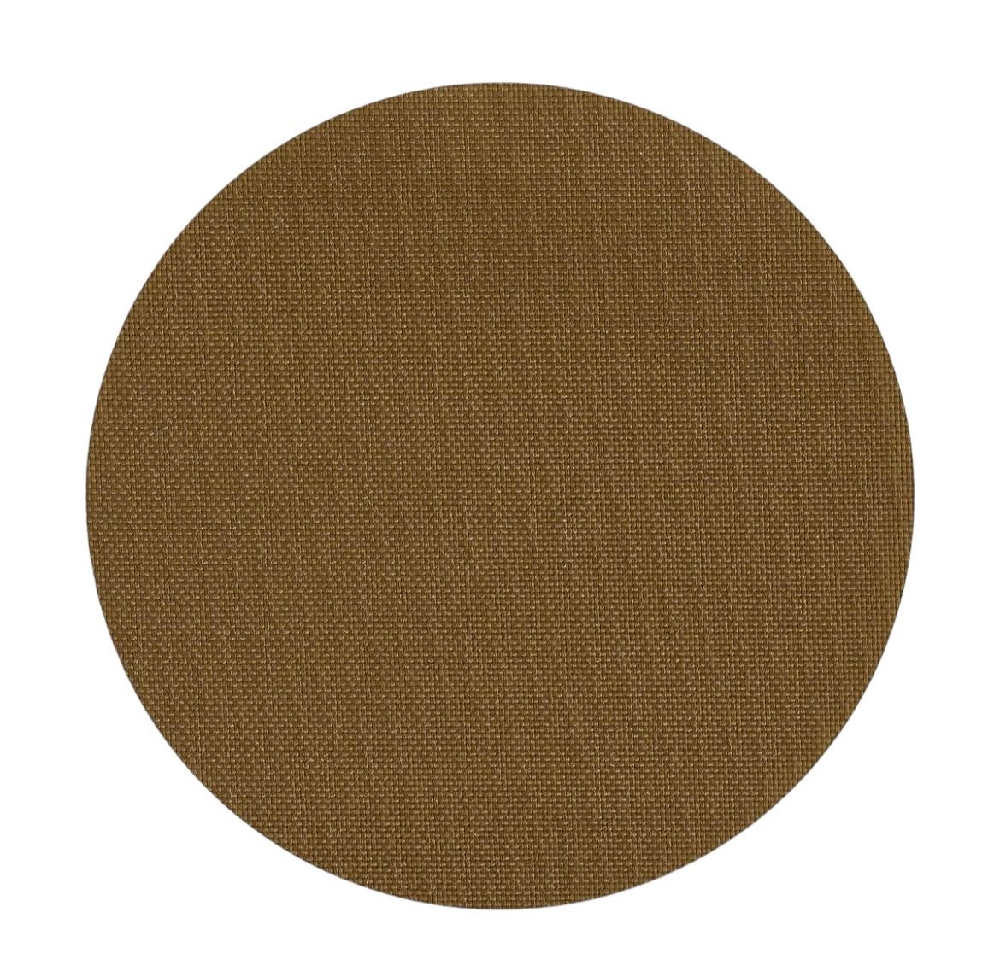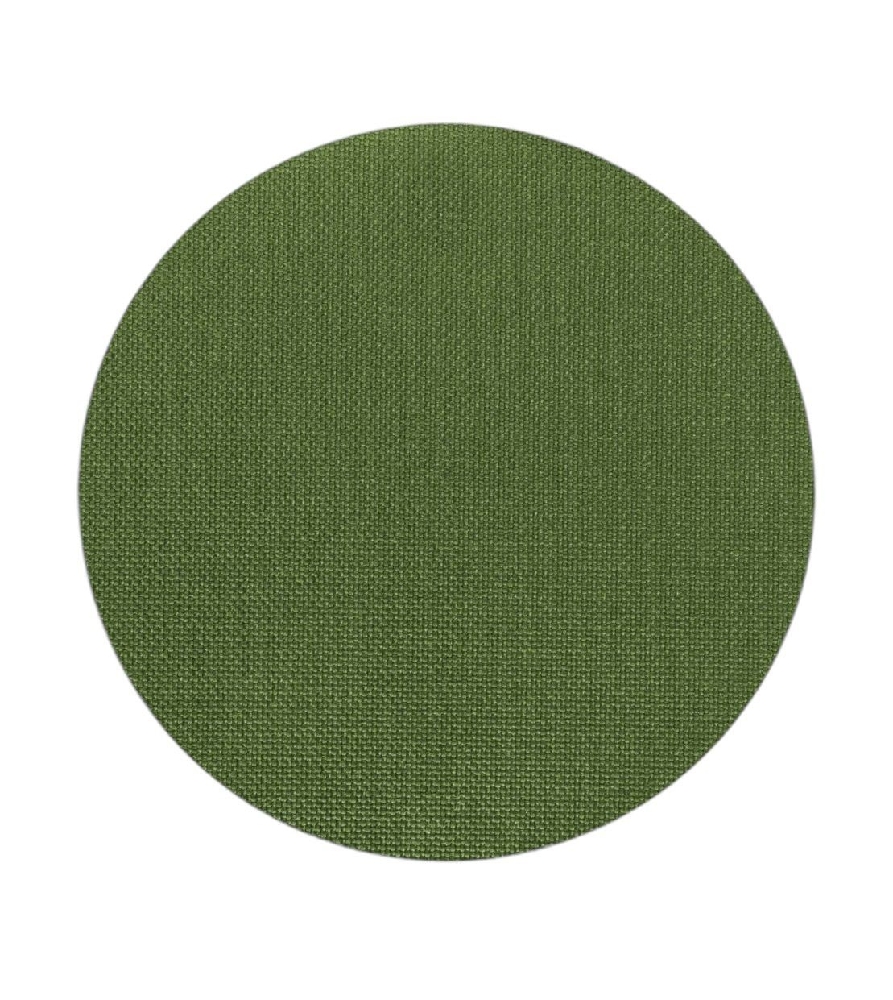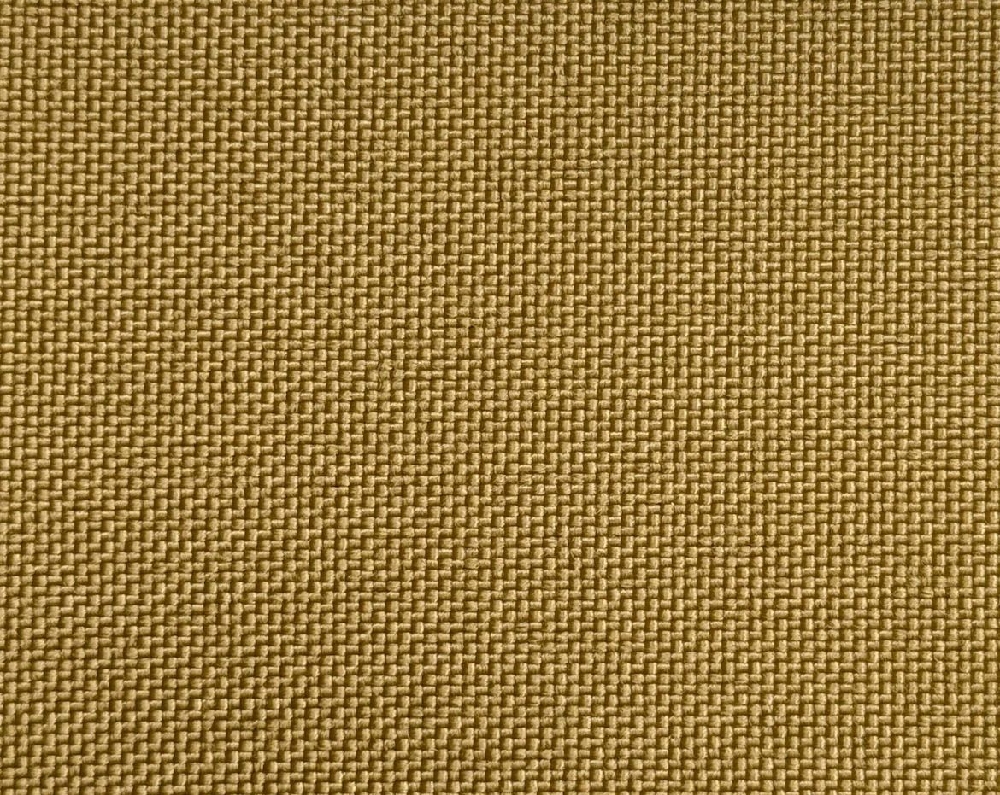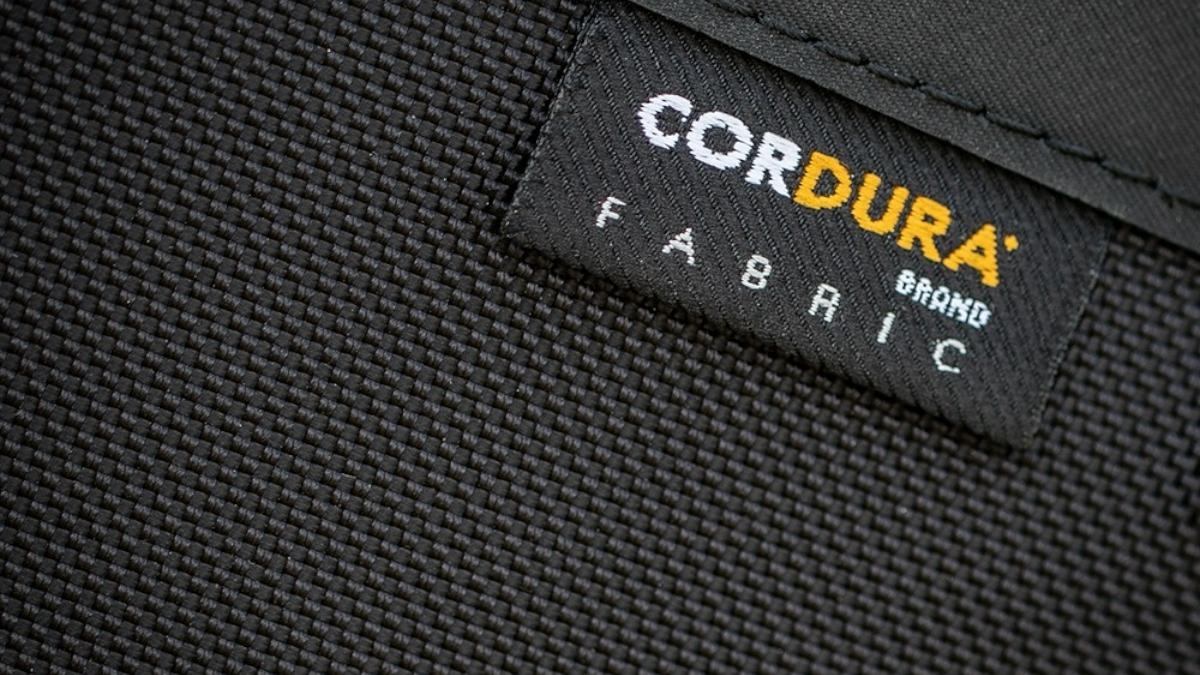Nylon 1000D vs. 500D: A Material Showdown
Nylon is renowned for its durability and is used for plate carriers, bags, pouches and textile products. The "D" in the name signifies denier, a measure of thread thickness. This directly impacts the material's strength, weight, and suitability for different applications. Let's compare 1000D and 500D Nylon:
1000D Nylon
Pros:
Exceptional Durability. The thicker threads offer superior abrasion resistance, tearing strength, and puncture resistance. Ideal for high-impact activities and harsh conditions.
Heavy-Duty. Used for demanding applications like luggage, backpacks, military gear, and heavy-duty working uniform.
Cons:
Heavier Weight. The thicker fabric results in a heavier product, which may be a concern for portability or prolonged use.
Less Flexibility. The dense weave offers less flexibility compared to lighter counterparts.

500D Nylon:
Pros:
Lightweight & Flexible. Its thinner threads provide a more comfortable and versatile fabric. Suitable for lighter backpacks, travel bags, and everyday gear.
Lower Cost. The lighter weave generally translates to a more affordable price point.
Cons:
Less Durable. While still durable, 500D Nylon is less resistant to abrasion, tearing, and puncture than 1000D. It might not withstand extreme conditions as well.
Not Ideal for Heavy Duty. This fabric is not recommended for applications requiring maximum durability or weight carrying.

In Conclusion:
The choice between 1000D and 500D Nylon depends on your specific needs. 1000D is best for heavy-duty applications where extreme durability is paramount. 500D is more versatile and lightweight, making it suitable for everyday use and lighter gear. Consider the pros and cons carefully to choose the optimal Nylon for your project.





